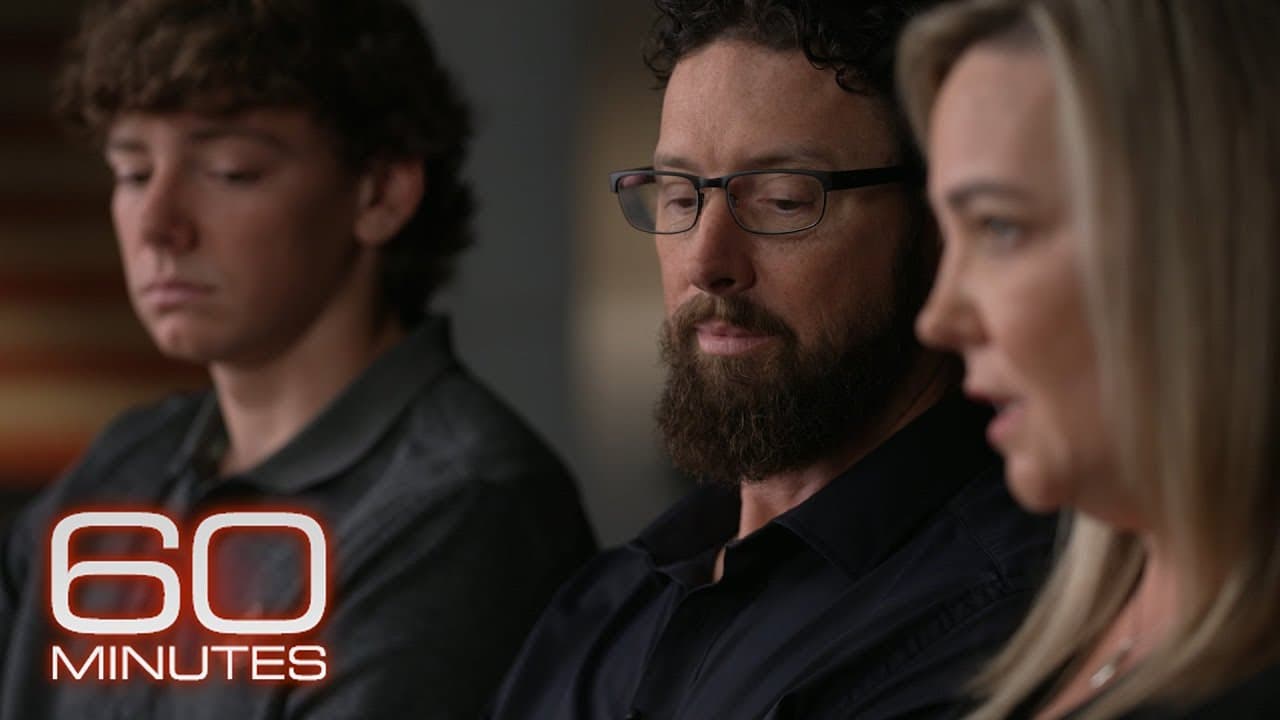Children of War; Interpol; Tasmanian Tiger | 60 Minutes Full Episodes
03 Jul 2024 (over 1 year ago)

Military Families and PTSD
- Over 2 million Americans served in Afghanistan and Iraq, and at least 600,000 have been diagnosed with PTSD.
- Many children of veterans are also suffering from PTSD, as they witness the struggles of their parents and take on caregiving responsibilities.
- One study found that more than 1 million military caregivers are caring for those injured during the war since 9/11, and nearly half said they were overwhelmed.
- The Dole Foundation, created by Elizabeth Dole, commissions studies of military caregivers and provides support to military families.
- The foundation offers emergency financial support, peer support, and respite care to military families.
- Liz Rotheberry leads a Dole Foundation initiative to train caregivers to be public advocates.
Interpol
- Interpol is an international police organization that connects police forces from different countries to fight international crime.
- It has 196 member countries and its main mission is to collect and share information with law enforcement agencies around the globe.
- Interpol has a number of ways to alert its members, including yellow notices for missing persons, black notices for unidentified bodies, and red notices for the world's most wanted fugitives.
- Red notices are not international arrest warrants, but they can be used to locate, detain, and extradite people wanted by a member country.
- Some of Interpol's more repressive members, such as Russia, have been accused of using red notices for political persecution.
- Russia accounts for nearly half of the red notices Interpol makes public and has been labeled a serial abuser of red notices by members of Congress, human rights groups, and the European Union.
- Bill Browder, a London-based American-born financier, has been targeted by Russia through Interpol eight times due to his exposure of corruption by Russian government officials.
- Despite the concerns about Russia's abuse of Interpol, the organization has not suspended Russia's membership.
- Interpol is facing criticism for being used by countries like Russia, China, and Turkey to target political opponents and critics.
- Despite issuing red notices that led to wrongful arrests and imprisonment, Interpol maintains that naming and shaming these countries is not in the interest of international police cooperation.
- Interpol admits that a small number of wanted person alerts (304 out of 24,000) violated its rules and were eventually denied or deleted in 2022.
Tasmanian Tiger De-Extinction Project
- The Tasmanian tiger, declared extinct in 1986, remains a subject of fascination and obsession in Tasmania, with numerous reported sightings and searches.
- Despite extensive efforts, including the use of trail cameras, scat analysis, and footprint tracking, no definitive evidence of the Tasmanian tiger's existence has been obtained.
- The search for the Tasmanian tiger has become a cultural phenomenon in Tasmania, with the animal becoming a local mascot and appearing on the island's coat of arms and license plates.
- Andrew Pask, a developmental biologist at the University of Melbourne, is leading a $15 million de-extinction project to bring back the Tasmanian tiger.
- The project involves genetically engineering a dunnart, a small carnivorous marsupial, to resemble the Tasmanian tiger.
- Pask believes that the dunnart is the closest living relative to the Tasmanian tiger and that it can be used as a surrogate for the extinct species.
- Chris Helgen, director of the Australian Museum Research Institute, is skeptical about the project and believes that it is an impossible task.
- Helgen argues that it is unlikely that the dunnart can be genetically modified to become an apex predator like the Tasmanian tiger.
- Pask believes that the project is driven by remorse for the extinction of the Tasmanian tiger and the desire to bring back a lost symbol of Australia.
- Despite the skepticism, Pask remains optimistic about the project and believes that it is worth pursuing.